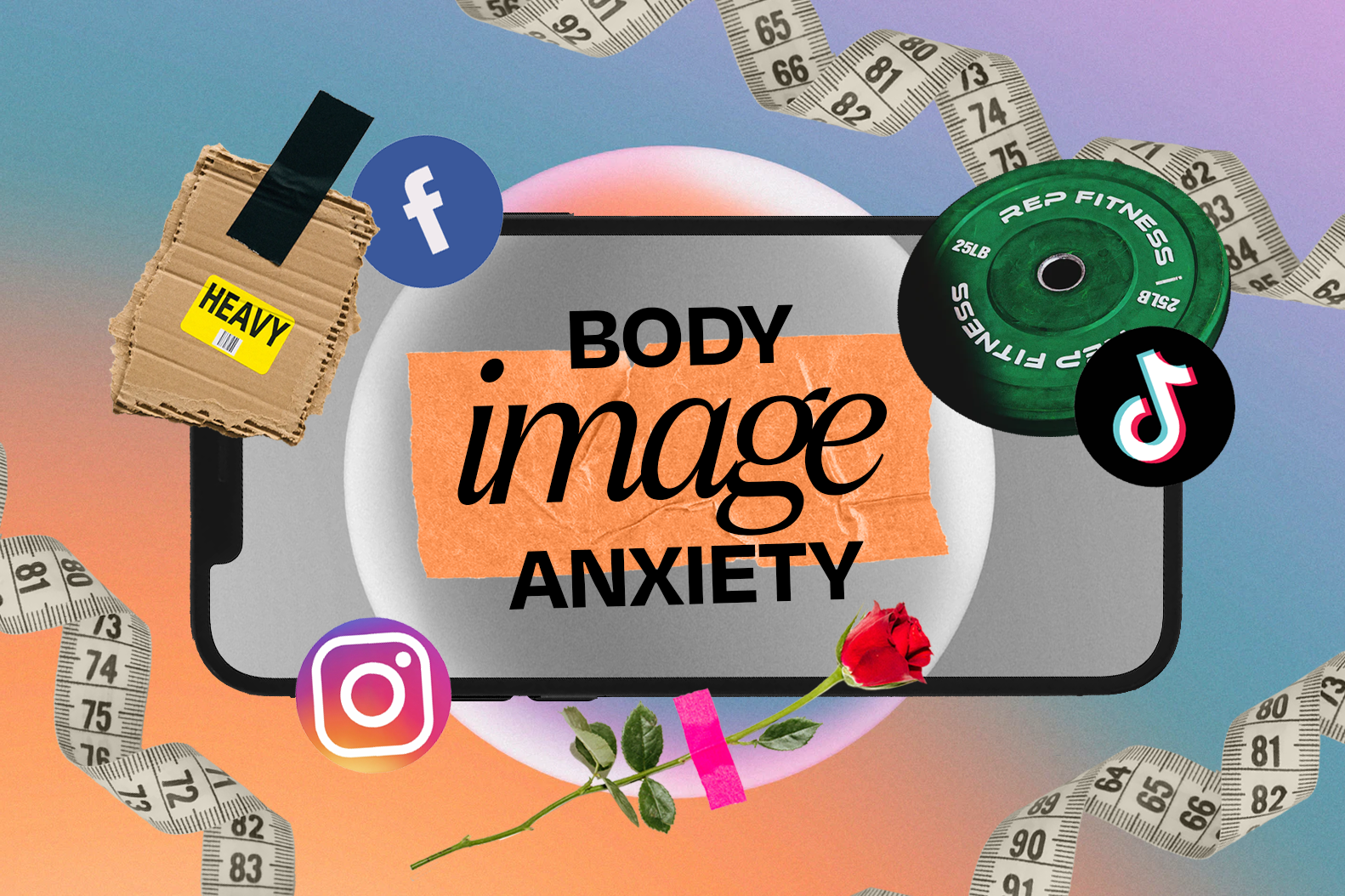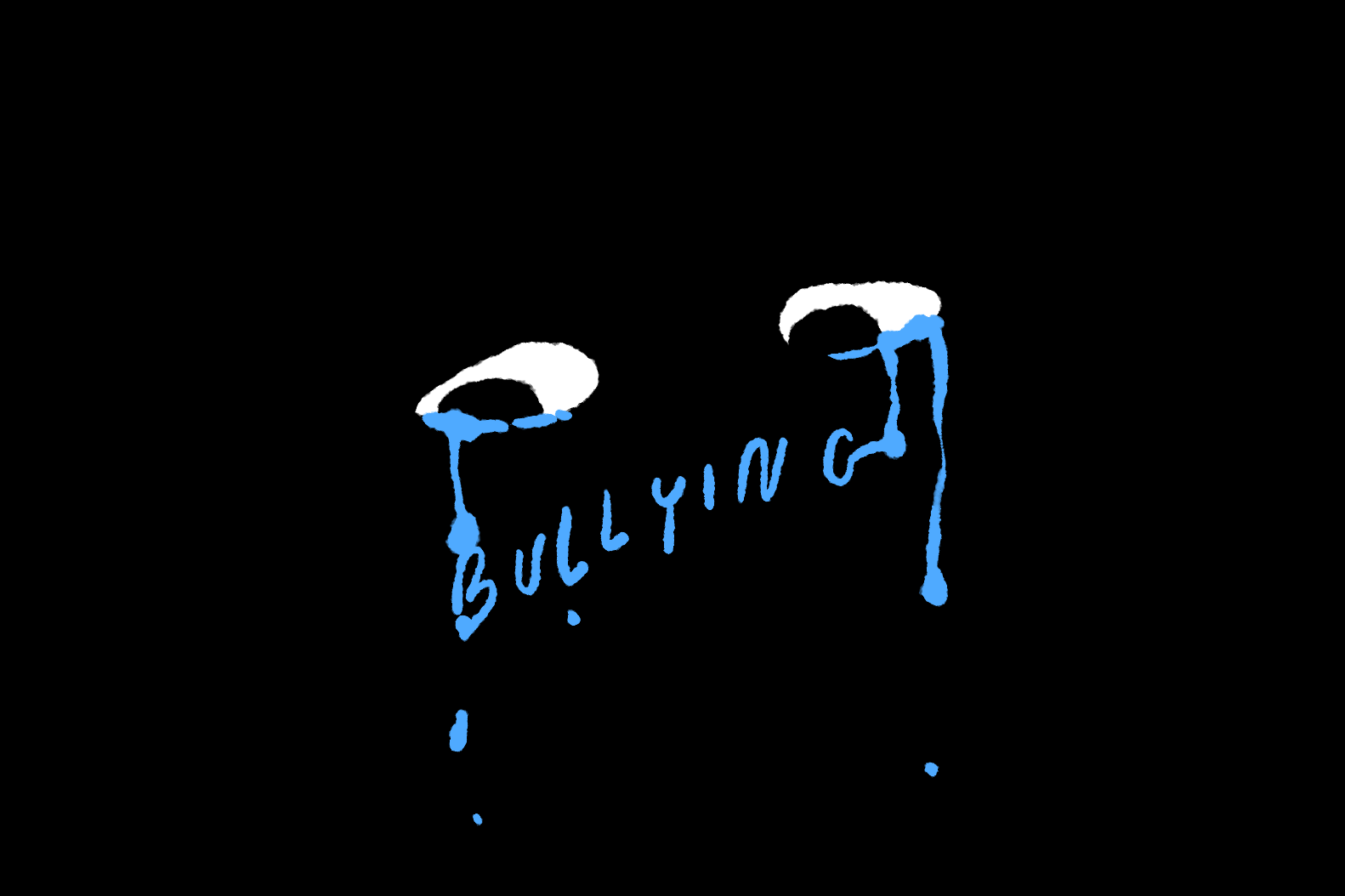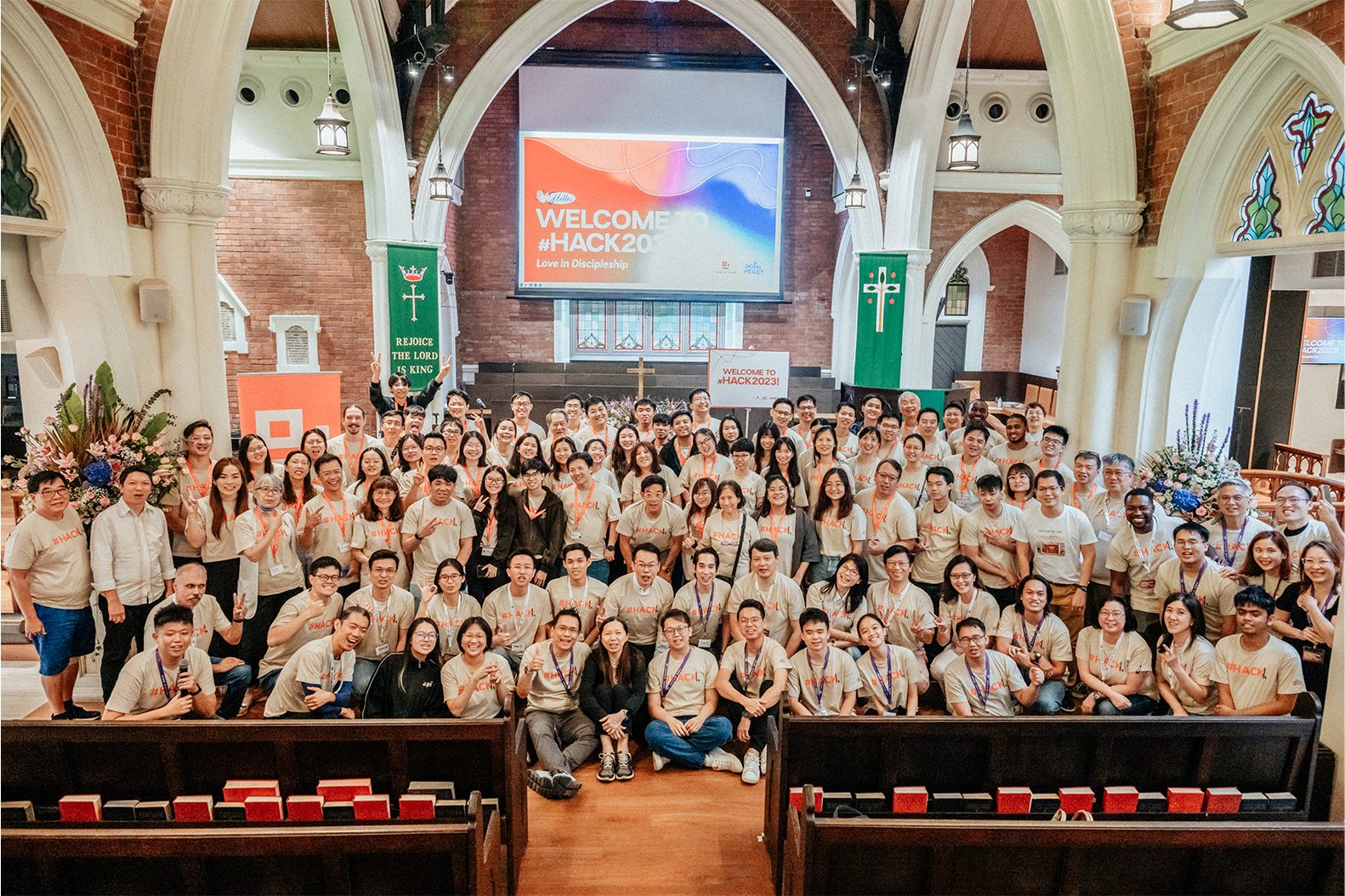TODAY’s recent article on the link between body image anxiety and social media use was more than eye-opening.
The study, which surveyed 2,670 people aged 16 and above in May and June 2022, found that adults in Singapore spend an average of 2.5 hours on social media every day.
Here are my key takeaways at a glance:
- 17% of Singaporean adults at risk of body image anxiety; young women more so.
- Spending 3 hours or more per day on social media? You are at risk of body image anxiety.
- Daily users of TikTok and Instagram (3 hours or more) are most at risk.
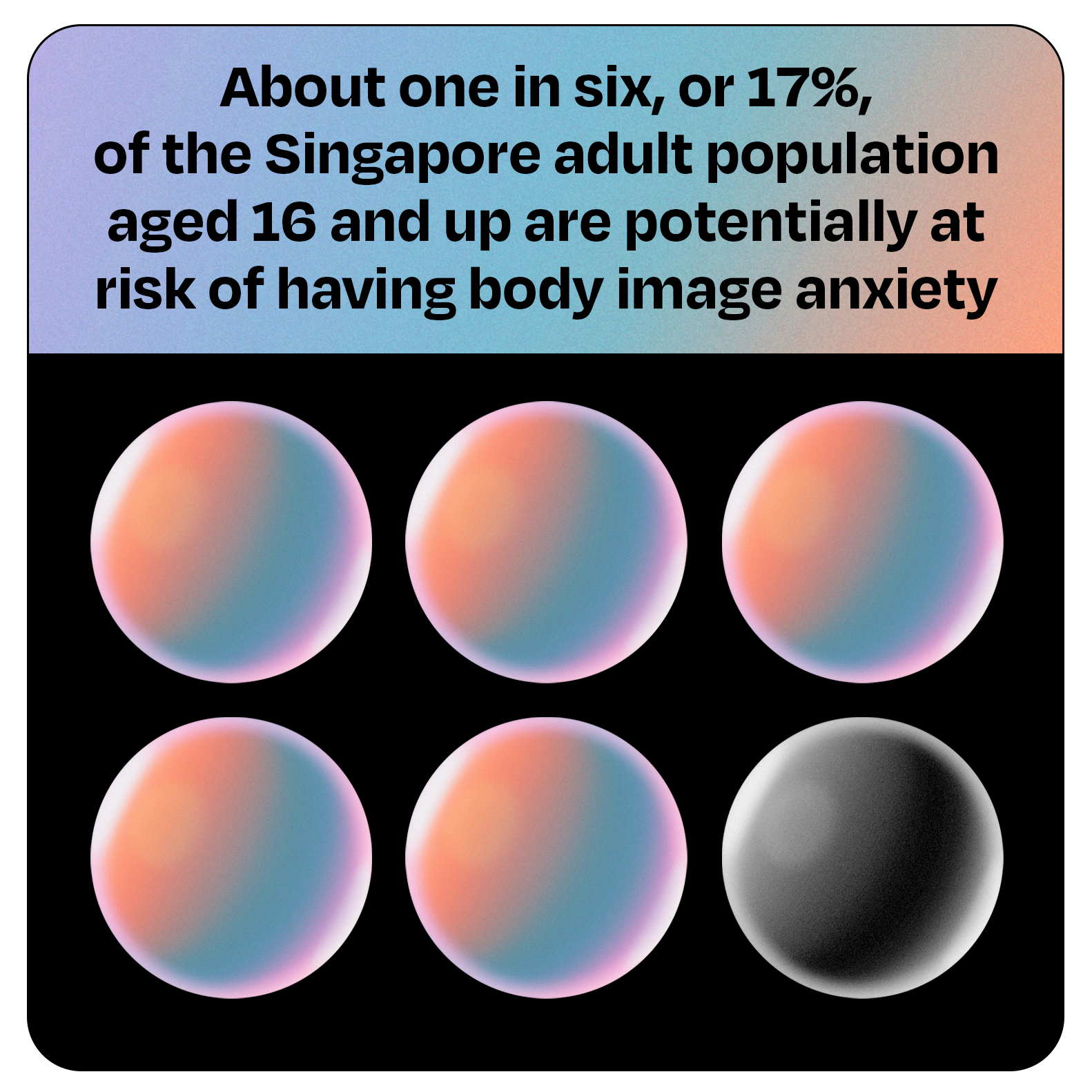
Survey participants were split into either “healthy” or “at-risk” based on their responses to the Appearance Anxiety Inventory assessment.
I found it quite surprising that one in six (17%) Singaporean adults potentially risk having anxiety over their body image.
It’s a worrying number, but I actually thought it would be higher to be quite honest.
I remember watching one of the first Thor movies when it had just come out, and how I had become deeply troubled in my soul at the stark realisation that the size of my pecs and biceps were nowhere near Chris Hemsworth’s.
I saw that movie one time, and it still haunts me after a particularly heavy dinner.
Now compare my singular experience with the exposure of at-risk respondents – 56% of the at-risk group spent on average 3 hours or more across all social media platforms in a day. This figure was 40% for the healthy group.
I doubt they’re all watching Thor movies on a loop, but it stands to reason that this daily, constant consumption of content on social media – which are often rife with bombardment of impossible beauty and fitness standards – might mean they are experiencing body image anxiety on an exponentially higher level than I have.
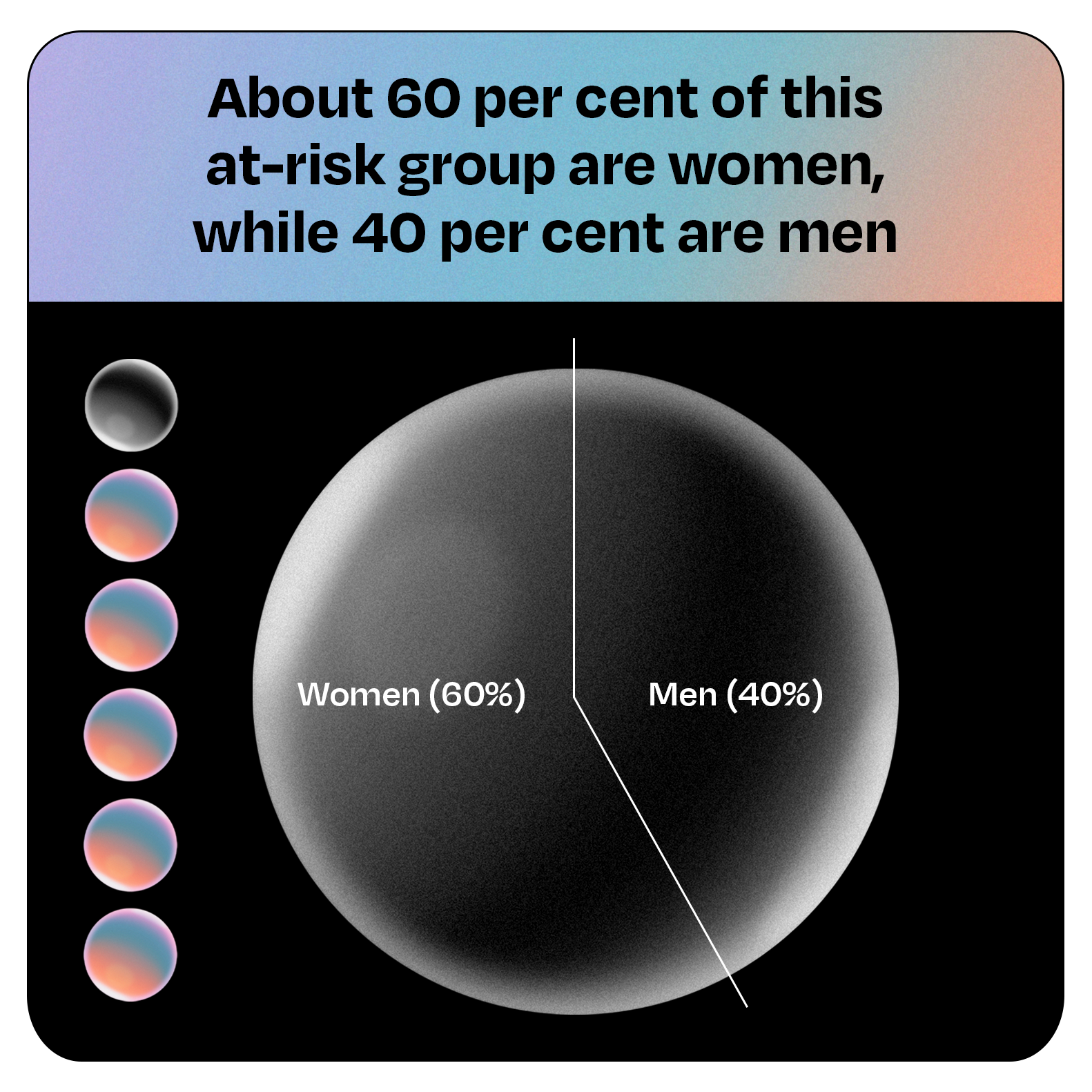
When I consider that 60% of this at-risk group are women, I can’t help but feel that TikTok has been particularly egregious over the years (formative ones for many of these young women) when it comes to warping their body image.
In the case of a young TikTok user predisposed towards losing weight, his or her For You Page would be curated by algorithms to ensure a steady supply of #thinspo content like fitness tips or those “What I Eat in a Day” videos.
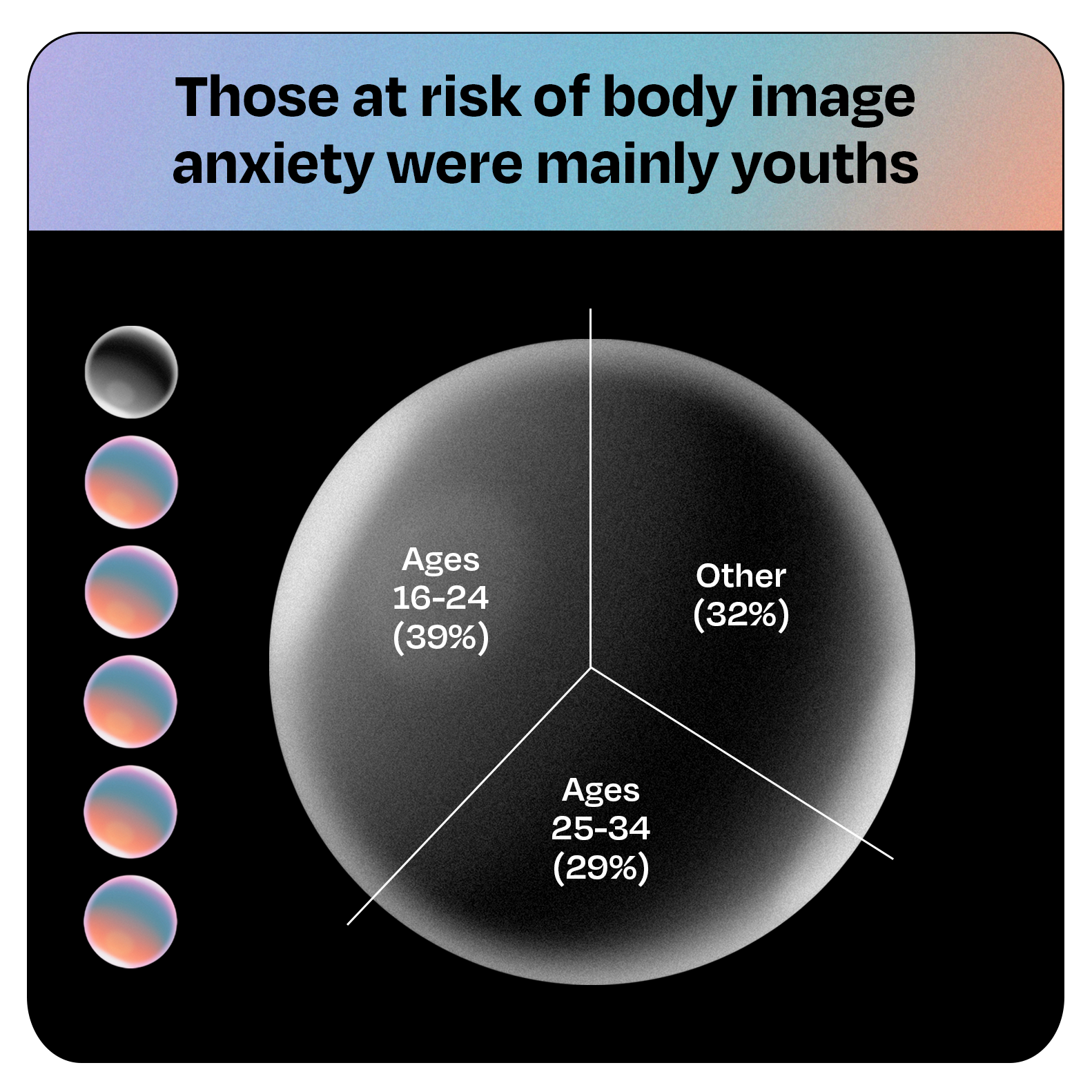
Trends like these which often include dangerous diets not tailored to one’s health or age – and certainly not prepared by a nutritionist – are served up with each scroll and may well fuel an impressionable mind, whether male or female, on a journey towards body dysmorphia or an eating disorder.
Indeed, those at risk of body image anxiety were mainly youths: 39% were aged 16-24 while 29% were aged 25-34.
I left the article feeling more motivated to manage my screen time.
After all, social media is a world where what you see is not what you get.
On platforms like TikTok that are exceedingly visual, the vast majority of user-generated content is designed to direct the eye to what is on the outside.
She’s wearing this; he’s dating her; they’re going to this restaurant for dinner; this yoghurt drink is part of that go-getter lifestyle.
At worst, it’s fake and a front. At best, it’s still curated. It’s all external.
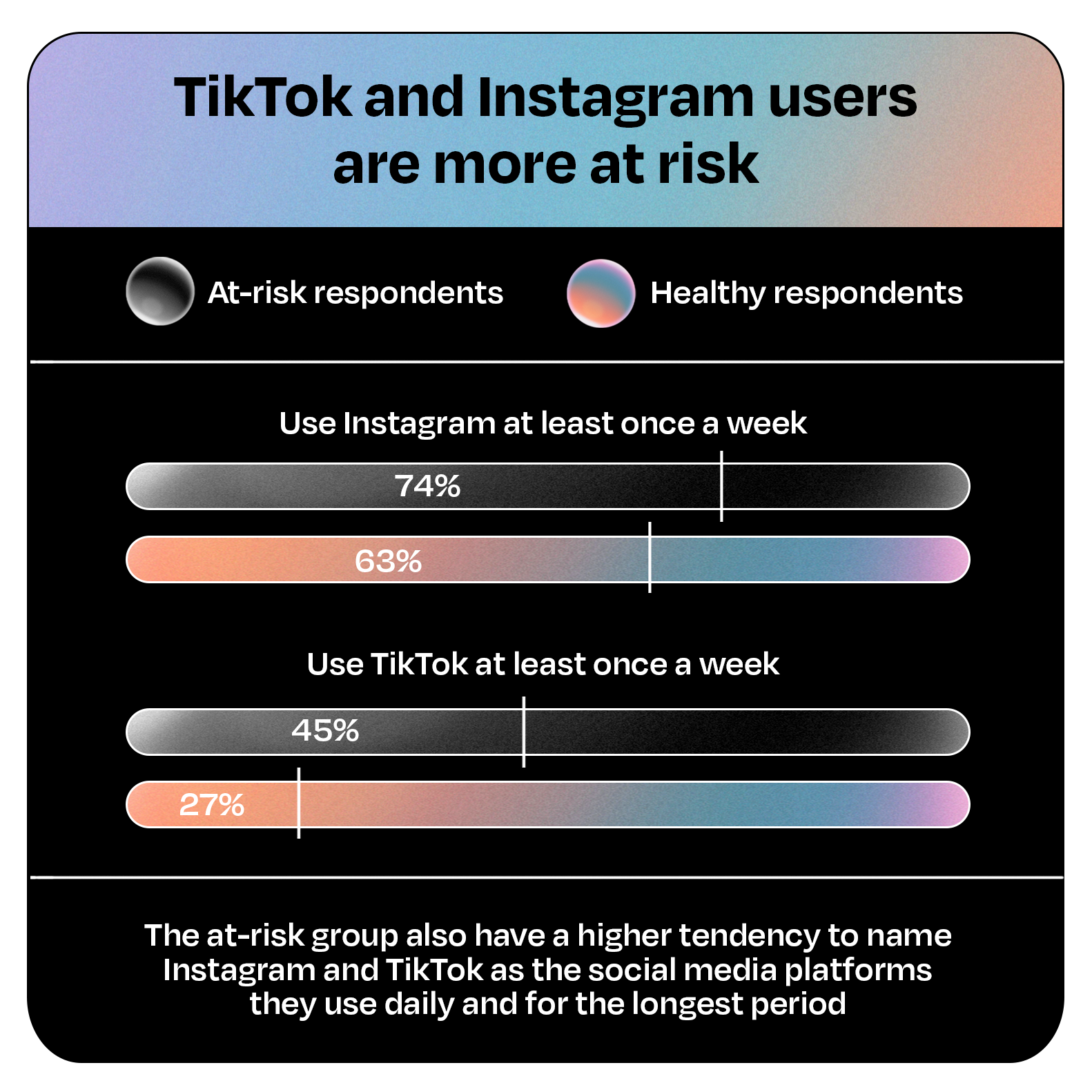
In this era of seconds-long stories, there’s no time for internal, deeper things.
Who actually cares about the person you are becoming? I already see your feed anyway.
Then, when you consider that half of the at-risk group said that influencers influence their beliefs and purchase decisions, you realise that social media is not a neutral just-keep-up-with-my-friends-happy-place, but inevitably a hotly contested battleground for the mind.
It’s designed and being refined towards persuading you, whether that’s in joining a push for a worldview or joining a queue to purchase a perceived lack.
You’ll see games and the shows we watch do this too, in how they vie for attention and positions in the battlefield of our minds.
If we don’t acknowledge this and handle these media accordingly, we only stand to lose.
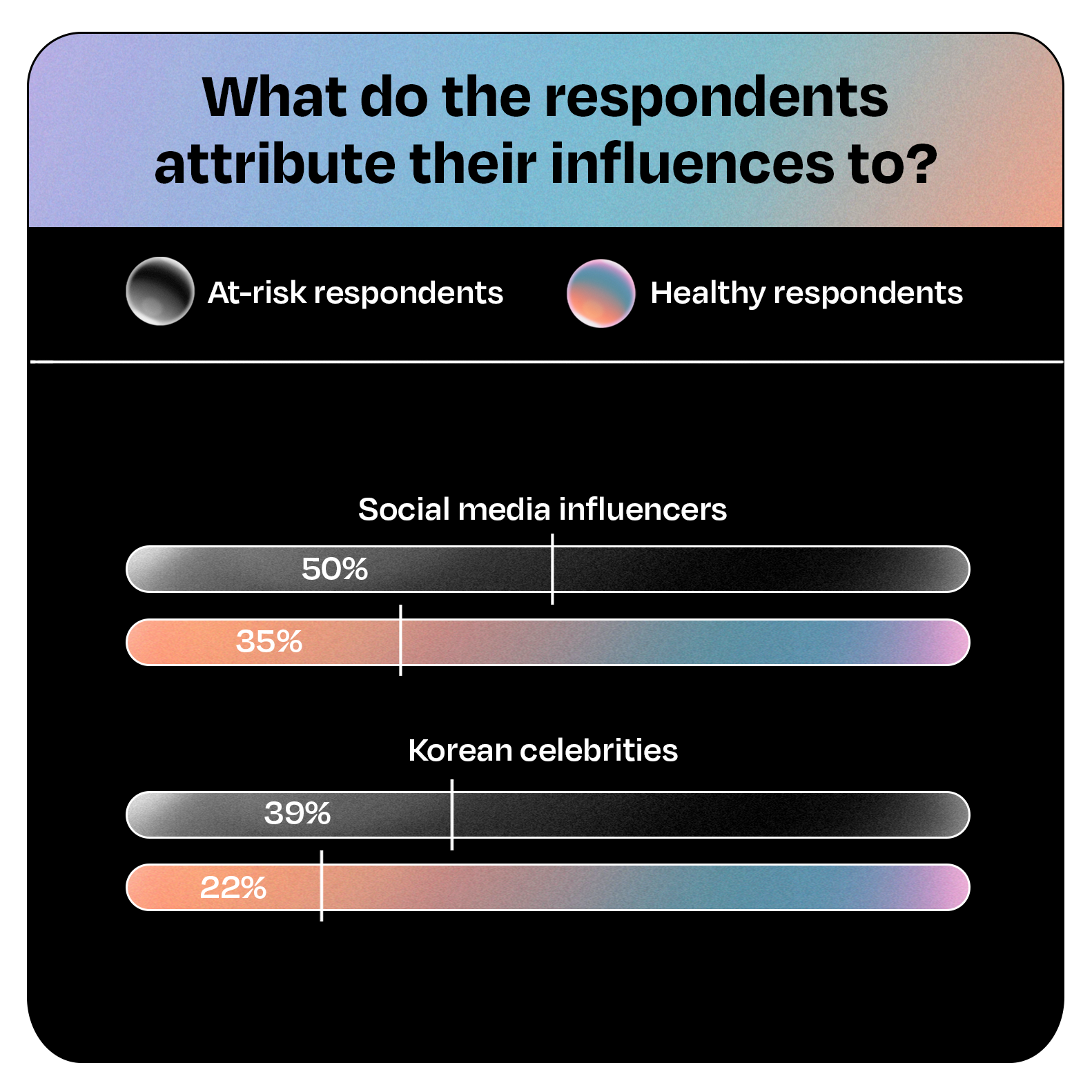
Did you know it’s been estimated that we spend a third of our lives looking at devices?
Whether it’s body image or beliefs, a war for influence is being waged — and our minds are the chips we play with in this online game.
Who’s going to win?
It’s about what we will give our time and money to, and what we will build our lives around.
Which is the truth we hold to and whose example do we emulate? The person who culture puts before you and says you should become, or do we learn to be imitators of Christ?
“”Do not conform to the pattern of this world, but be transformed by the renewing of your mind. Then you will be able to test and approve what God’s will is — his good, pleasing and perfect will.” (Romans 12:2)
The world wants to take your mind captive and conform you to its culture, but the Word of God wants to renew your mind.
When our minds are renewed, our focuses, appetites and perspectives will be transformed. Our lives are transformed.
Instead of fleeting trends, FOMO and fabricated realities, we will have a constant hope, eternal satisfaction and the ability to see the world, others and ourselves the way God sees us.
So have the mind and mindset of Christ, and guard that with your life.
For how we think is how we will live. And how we live informs our destiny.
- How long do you spend on social media each day? It might help to check your screen time through your phone.
- Do you have anxiety over your body image?
- Sum up your body or your look in one sentence.
- How does that align with what God says about our bodies and how He has created us?
- What are some promises or truths from the Word that you can hold on to in this regard? Try and go beyond Psalm 139!


